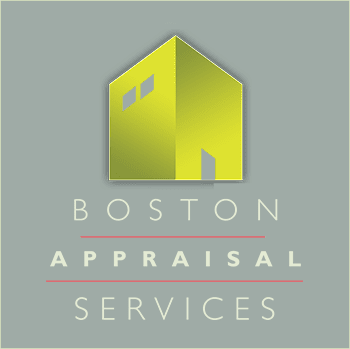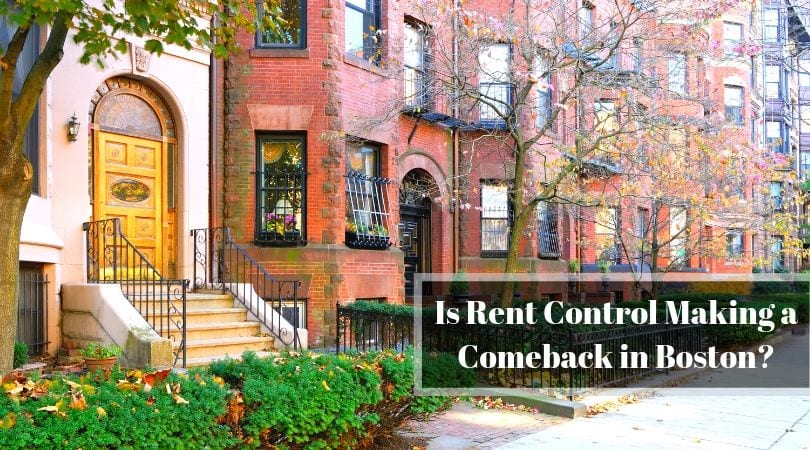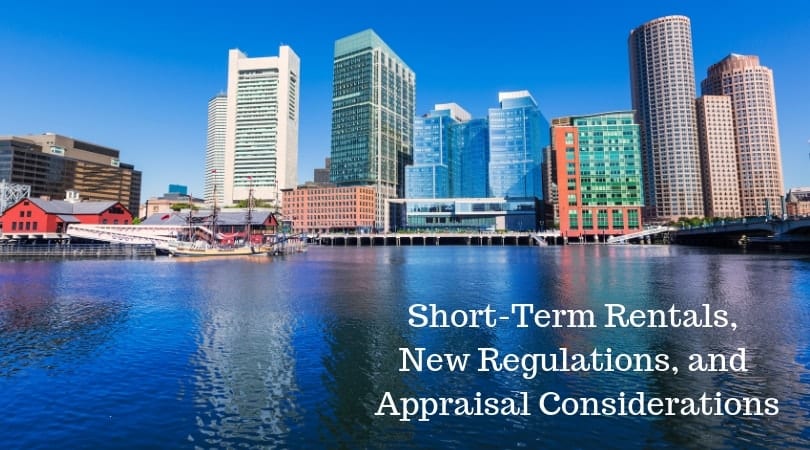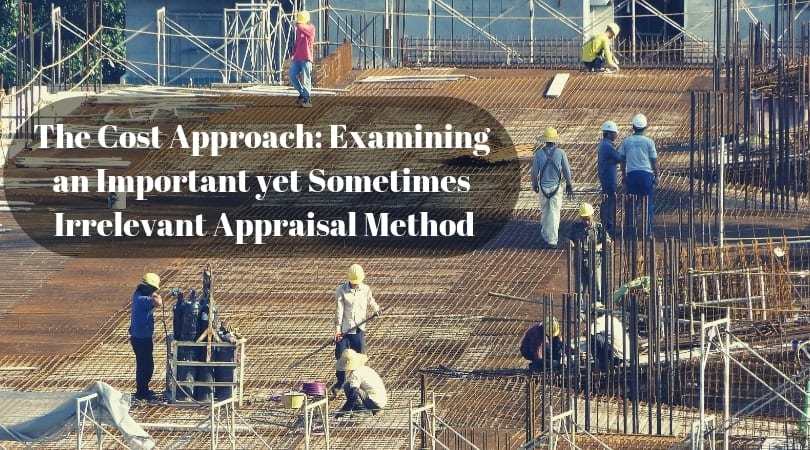Boston’s real estate market is booming. This spring, sale prices for condominiums and single-family homes in the city reached all-time highs while its median rent is among the highest in the country.
Unsurprisingly, both long-time and would-be residents are being priced out of the city. As a result, some affected parties are already pushing for the reintroduction of rent control — Massachusetts outlawed this policy statewide in 1994, but the housing crisis has encouraged revisiting this practice.
But is rent control the solution to the current housing shortage in Boston?
Boston’s Housing Market Is Struggling to Keep Up With Growing Demand
According to a study released by the National Low Income Housing Coalition, the typical Massachusetts renter would need to earn $33.81 per hour to be able to afford a 2-bedroom apartment. Meanwhile, the average renter’s hourly wage stands at $20.72.
This disparity shows that Massachusetts, especially Boston, is facing an undeniable shortage of affordable housing, with many residents being priced out of the market. A controversial study estimates that 43 evictions take place daily in Massachusetts. Although this number seems grossly inflated, affordability remains a concern for the state’s current and potential inhabitants. Homelessness is on the rise statewide, partly due to the increase in housing prices.
Interestingly, this scarcity of affordable housing hasn’t deterred new residents from flooding Massachusetts’s real estate industry. The State is currently struggling to keep pace with the intense demand for new apartments, with Boston pulling in more people than it can accommodate. That’s because the city has a dynamic job market and also attracts a large number of students, many of whom want to remain after graduating, contributing to the escalating rent. Besides, some blame the growth of the “internet-based service firms” (IBSFs), like Airbnb, for the surge in rent prices and unit shortage.
The Boston City Council will be up for election in November 2019. A result of the housing shortage, expected rent hikes have provoked increasing unrest among residents, and there is a passionate debate over reinstating rent control.
Despite being voted out by a statewide ballot initiative in 2004, rent control was a popular measure in the places where it was enforced: Boston, Cambridge, and Brookline. Gentrification is now reaching into former working-class neighborhoods like the South End and Jamaica Plains. A bill proposing restrictions on the eviction of seniors without just cause is already underway.
Alternative Solutions to Rent Control
Rent control is not a straightforward solution. Its opponents recall many of the issues that lead to its elimination 25 years ago. Without the incentive to maintain their property, landlords would defer maintenance indefinitely. Not only would buildings themselves decrease in value, but entire neighborhoods could suffer from neglect.
Due to the perceived limited return on investment, builders would shy away from constructing new multi-family buildings. Additionally, tenants would hold on to their units to keep the favorable rates, further reducing the number of apartments available to newcomers.
Thankfully, after years of unbridled growth, Boston’s real estate market is showing signs of regulating itself. Listing numbers are increasing, and the property prices are now growing at a much slower pace. Foreign investments, one of the driving forces behind Boston’s real estate market explosion, have also stagnated.
Apart from market self-regulation, there are alternatives to rent control to make housing more affordable. Investments in the transit system could improve Boston’s dreaded commute, attracting residents further out of the city. Relaxing the notoriously tight building regulations would also be an incentive for investors to create more affordable housing rather than focusing on high-end units. Finally, urban residents are changing their lifestyle and switching from single-family homes to the less expensive micro-units and co-living.
Market Self Regulation
Boston’s real estate market is finally showing evidence of auto-regulation, so rent control and its associated issues are not an end-all solution. On its own, rent control can’t solve a problem as complex as housing affordability, and it’s worth taking the time to explore other options.
What’s your take on rent control?








